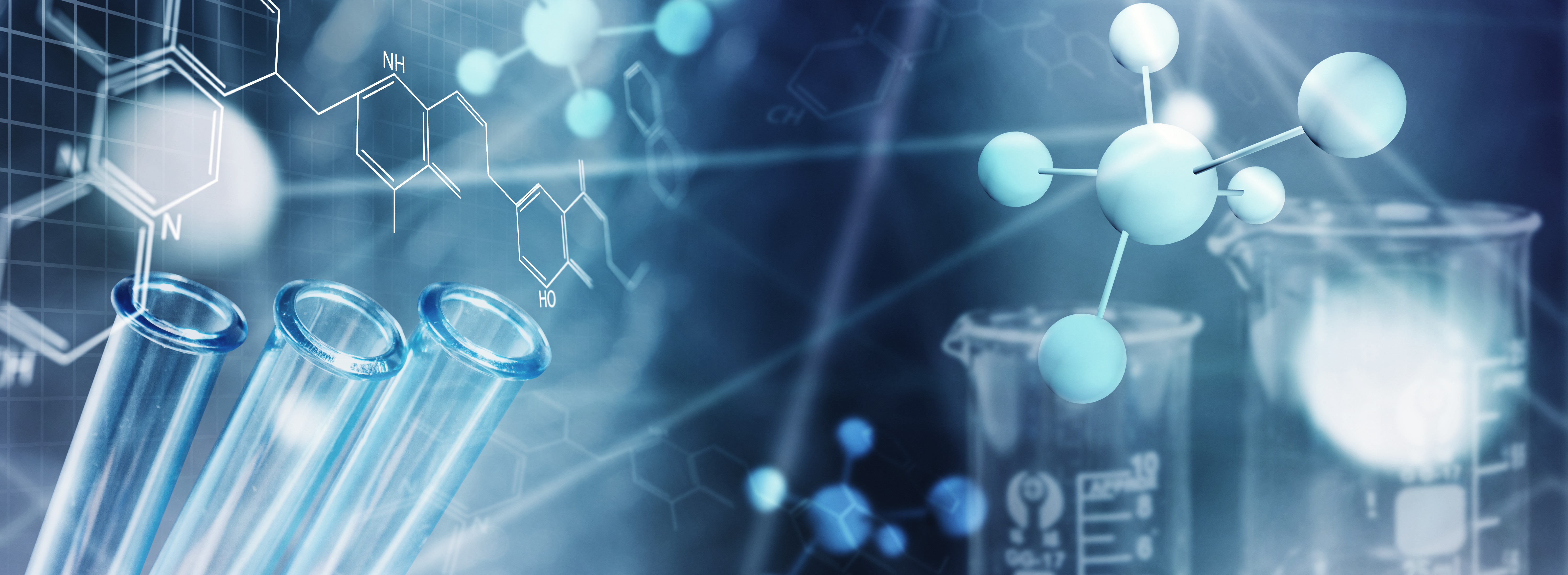Research area
Immunology
The human immune system reacts to non-self antigens with innate (enzymes, cells) and acquired (antibodies) immunological reactions. The immunological reactions are variable between different people, reflecting different hereditary predispositions for these processes and may therefore be summarized by the term “immunogenetics”. Immunology is the science that deals with the reaction of the organism to the penetration of (non-self) antigens. "Antigens" are pathogens (e.g. viruses), vaccines, allergens, the unborn child for the expecting mother, sometimes transfused blood, or transplanted organs and bone marrow, cancer tissue, and - in cases of autoimmune diseases (psoriasis, rheumatism) - endogenous molecules that are falsely recognized as "non-self".
The immune system reacts to non-self antigens with innate (enzymes, cells) and acquired (antibodies) immunological reactions. The immunological reactions are variable between different people, reflecting different hereditary predispositions for these processes and may therefore be summarized by the term “immunogenetics”.

immunogenetics
Why do some people react more sensitively to "foreign" things than others? Are such more sensitive people "healthier" because they are immunologically "more active", or - quasi on the other side of the scale, e.g. in the area of allergies or autoimmune diseases - disadvantaged for this very reason? Besides epidemics, vaccinations and pregnancies, transfusion medicine can also be seen as one of the largest field experiments ever conducted in immunology. The investigation of individual immunological variation is a specific research focus of the institute.
Transfusion medicine, blood and blood groups
Between 600 and 1000 Liechtenstein women and men receive blood once a year in the course of a transfusion. Blood group compatibility between donor and recipient is still the main criterion for successful transfusions. Blood groups are much more diverse than generally anticipated. For this reason, genetic diagnostic methods are also used in this area today. Such methods increasingly require bioinformatics, machine learning and artificial intelligence. A second concrete research topic therefore combines the biological model system for inheritance and immunology (blood groups) with classical molecular biology ("wet-lab") and bioinformatics (data use).


